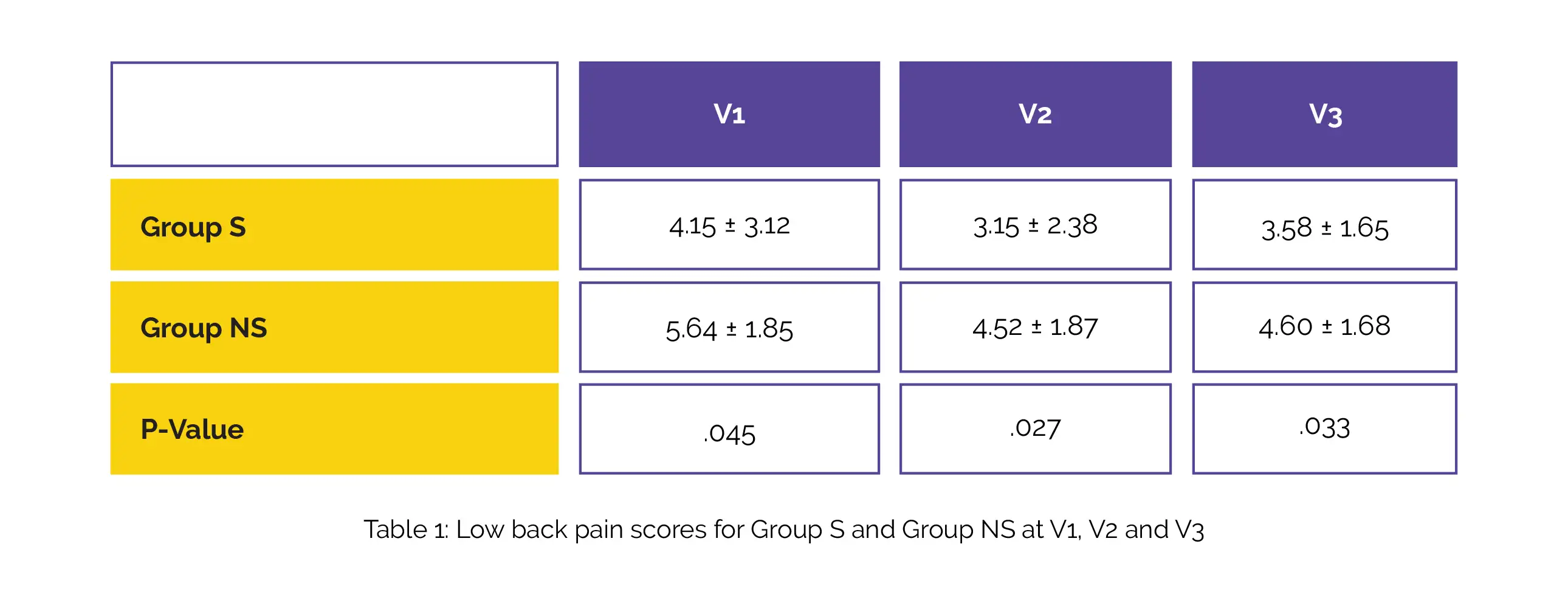Categories
Change Password!
Reset Password!


Patients with lumbar spinal stenosis with Vitamin D deficiency can benefit from Vitamin D supplementation.
Vitamin D high-dose injections can improve low back pain (the most common symptom of lumbar spinal stenosis [LSS]), spinal function, and quality of life, as per the outcomes of a pilot randomized controlled trial issued in the ‘Medicine’ journal. This study by Sangbong Ko et al. evaluated the effects of Vitamin D in improving the symptoms, functional recovery of the spine, and transformations in the quality of life in patients suffering from symptomatic LSS.
To solve the basis of this research, the patients with LSS and Vitamin D deficiency (serum 25-hydroxy Vitamin D levels less than 10 ng/mL) were considered. They were randomly assigned to two groups: Supplementation group (Group S with 26 participants) and Non-supplementation group (Group NS with 25 participants). Visual analog scale (VAS) was used to estimate low back pain degree; the 36-item short-form health survey was used to estimate the quality of life and the Oswestry disability index and Roland–Morris disability questionnaire were used to assess spine function.
The values were compared and analyzed at the baseline, between 4-6 weeks (i.e. V1), 10-12 weeks (i.e. V2), and 22-26 weeks (i.e. V3). There was no statistically noteworthy difference in the three parameters at the start. Thereafter, there was a statistically significant improvement in each time period in terms of low back pain between the two groups as shown in the following Table 1:

The use of high-dose Vitamin D injections provides relief from the primary LSS symptom, low back pain, and enhances spinal function and quality of life which was expected to become noticeable within just 4 weeks and lasting for up to 26 weeks, the study authors concluded.
Medicine
The effectiveness of vitamin D3 supplementation in improving functional outcome of non-surgically treated symptomatic lumbar spinal stenosis: Randomized controlled clinical trial – Pilot study
Sangbong Ko et al.
Comments (0)